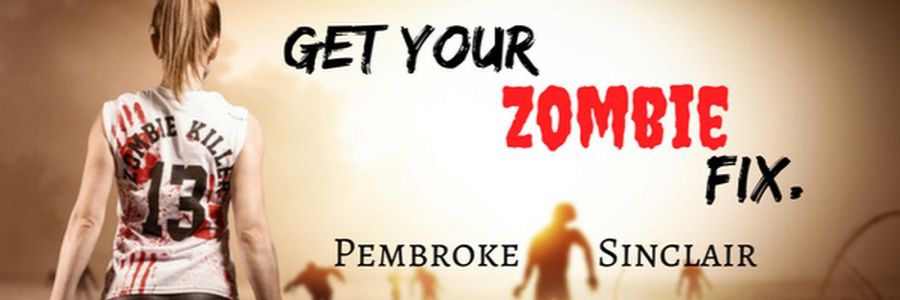When it comes to my writing, I do the same thing that many other writers are doing: I’m looking for answers to questions about humanity and the world in which we live.
It seems like so many of my stories focus on the end of the world. I’m apparently fascinated with finding out how people will act in the absolute worst-case scenario that the universe can throw at them. I’m curious to see how much of themselves they’ll have to give up and how far they can be pushed before completely letting go of the essence that makes each character who they are.
In most cases, my characters come through with flying colors. They may lose a bit of themselves, but they learn a lesson and become better people. In some cases, such as in Wucaii and the Saving Humanity series, they become more than human.
The great thing about exploring truths about humanity in fiction is that there is structure and boundaries.
There are also zombies and human-dragon hybrids; things that don’t really exist in the real world.
My point is that when people look for reasons why certain events happen or why people act in unpredictable ways, real life gets incredibly messy. More often than not, we don’t find the answers we’re looking for. We don’t get a sense of closure or justice.
And that can be incredibly uncomfortable.
Fiction allows people to explore awkward and emotional moments within a framework. A story with unpredictable characters can still be constructed, but more often than not, there’s a resolution and/or closure. The characters get an ending — whether good or bad, they no longer have to worry about what life is going to throw their way. They’re just done.
Fiction can be incredibly therapeutic. It allows the author and readers to explore different parts of themselves and the world in which they live in ways that they may not be able to in real life. It allows them to imagine outcomes that they may not normally get. Stories can be cathartic.
As I go through the soul-searching process and work to heal traumas from my past, I realize how messy and unpredictable real life can be. I see how challenging it is to get closure or to find forgiveness — or to give it. In some circumstances, I won’t give or get any of these things.
This is the reason why fiction has always been so important to me — as both a writer and a reader. It has helped me through so many hard times, and I’m sure it will help me through more. Not only have I been able to explore truths about humanity, but I’ve been able to explore truths about myself as well.
Fiction has saved me more times than I can count. My stories often change to reflect what I’m currently going through, but one of the common themes that runs through them all is the ability to persevere in the direst of circumstances.
I might not be fighting zombies or dealing with demons who want to steal my soul in real life, but I have my own challenges to face. Like my characters, I’m not always perfect in my approach, but I never give up and I learn lessons along the way.
Perhaps one day my story will wrap up neatly and I’ll be able to turn the last page, sigh, and feel satisfied with what I’ve experienced.





